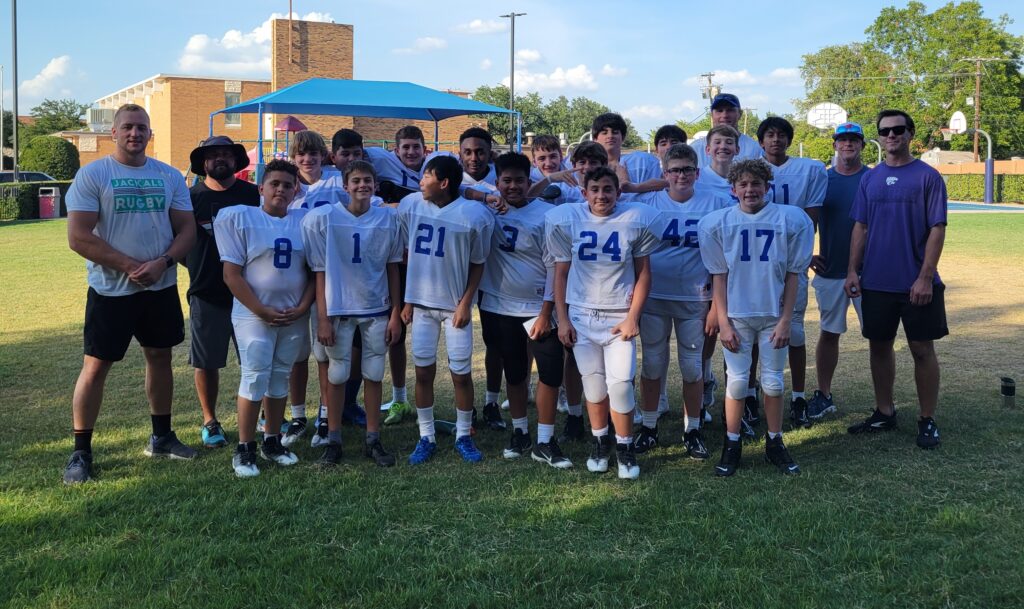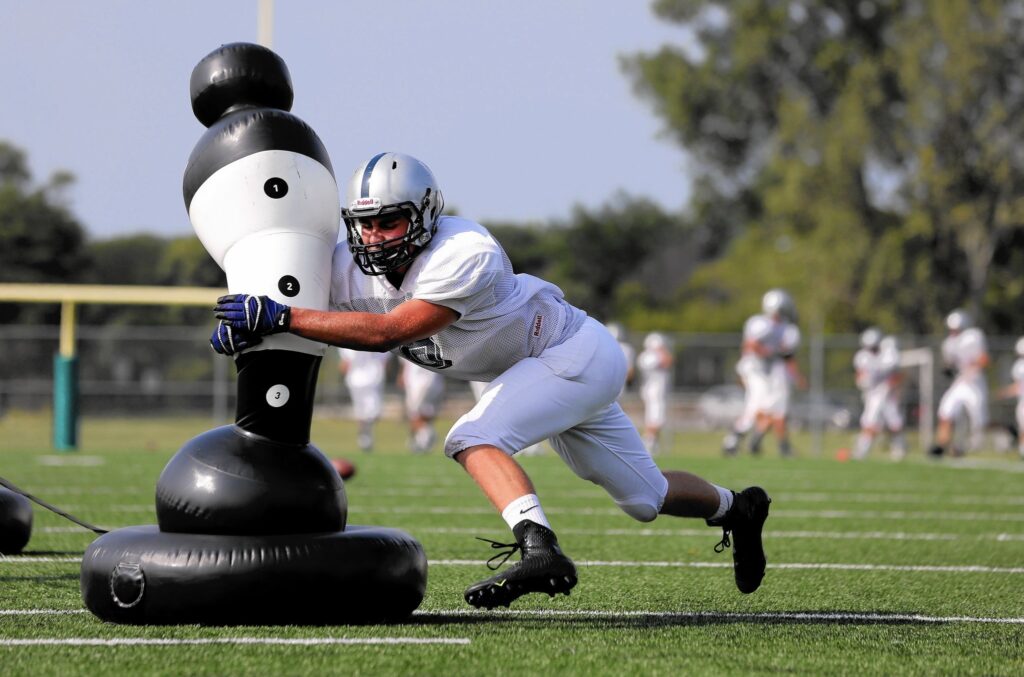All teens face a variety of stressors, demands and pressures that are a normal and important part of their development. These pressures are increased for athletes who, in addition to balancing social and academic demands, are also balancing a rigorous training and competition schedule; working to develop healthy habits; and trying to ensure that they get plenty of sleep.
It can be hard for teens to figure out how to manage these demands, especially the demands associated with a developmentally appropriate social life. Here are some tips for how you can help your teen balance her training schedule and social life:




